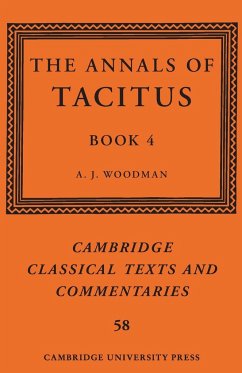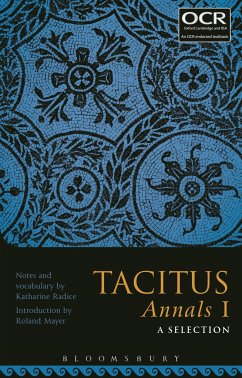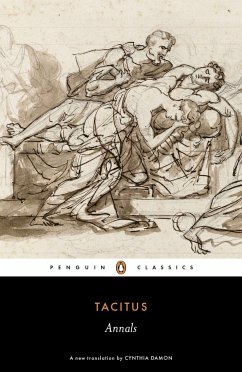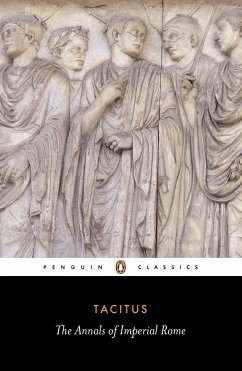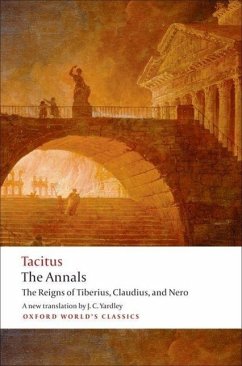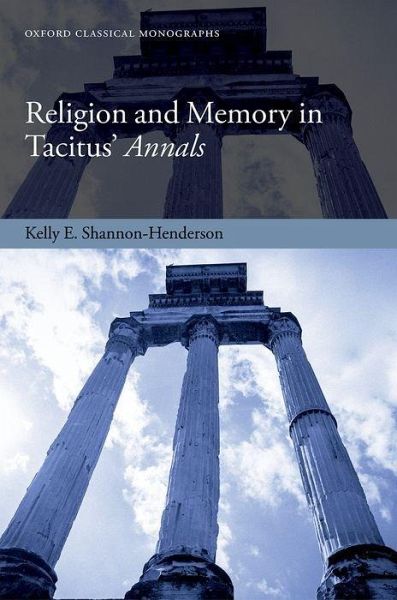
Religion and Memory in Tacitus' Annals
Versandkostenfrei!
Versandfertig in 1-2 Wochen
156,99 €
inkl. MwSt.

PAYBACK Punkte
78 °P sammeln!
This first book-length treatment of religion in Tacitus' Annals analyzes his numerous references to religious material through the lens of cultural memory theory, revealing them as a key vehicle for his assessment of the principate as a system of government, the activities of individual emperors, and their impact on Roman cultural identity.





